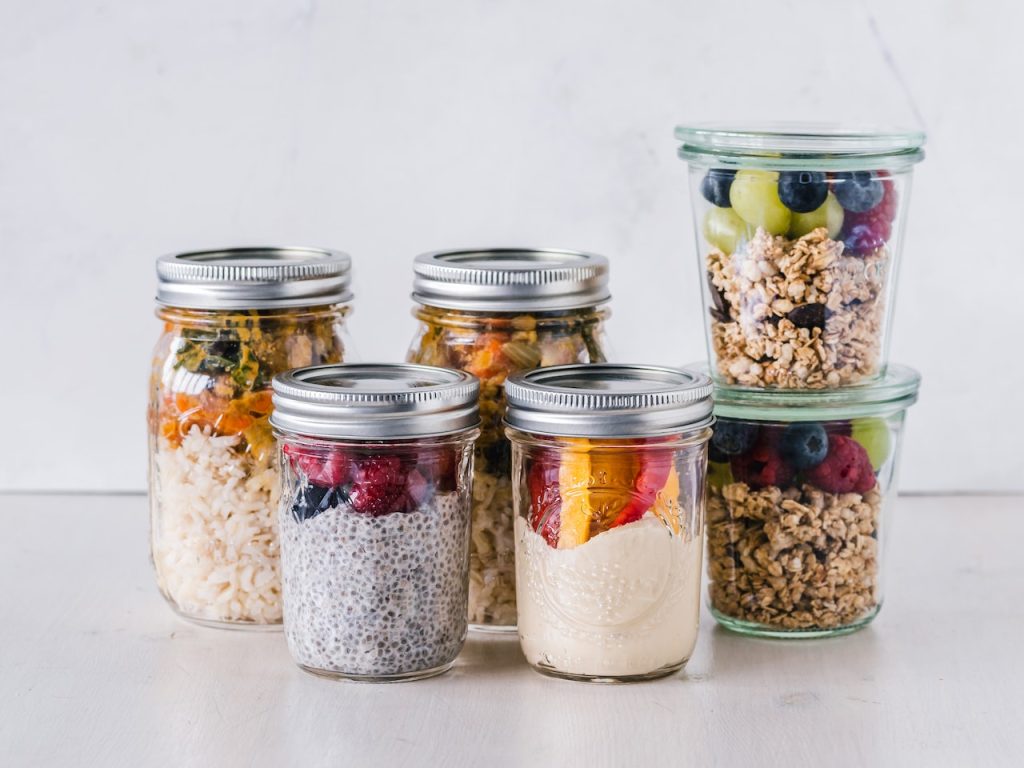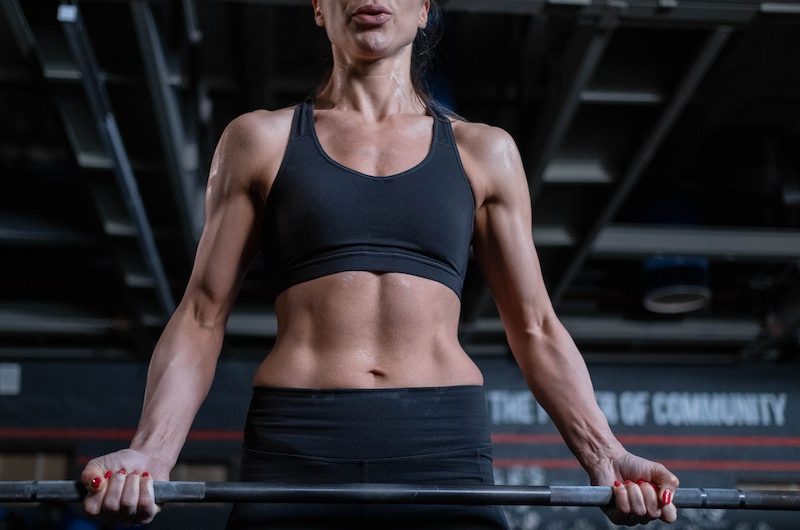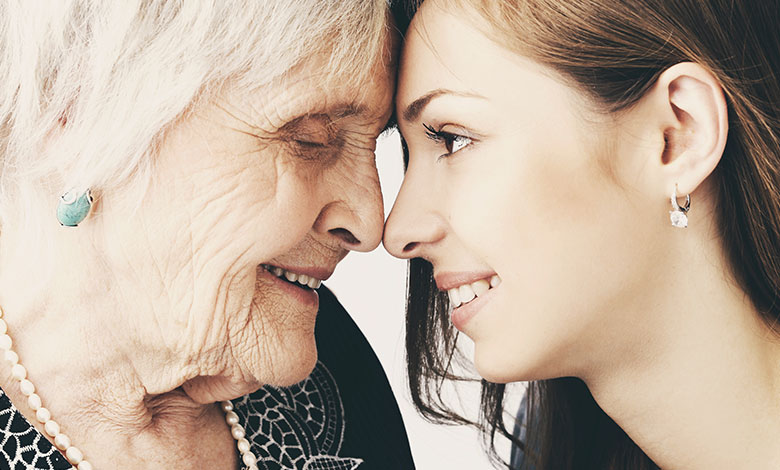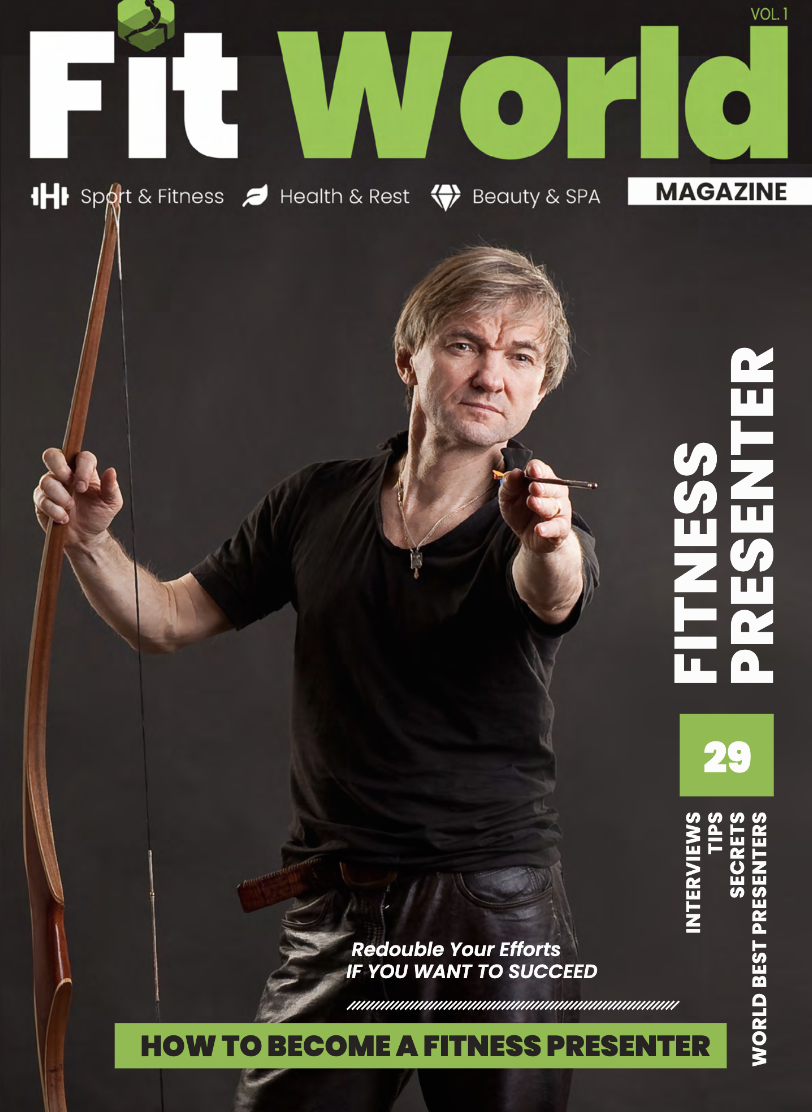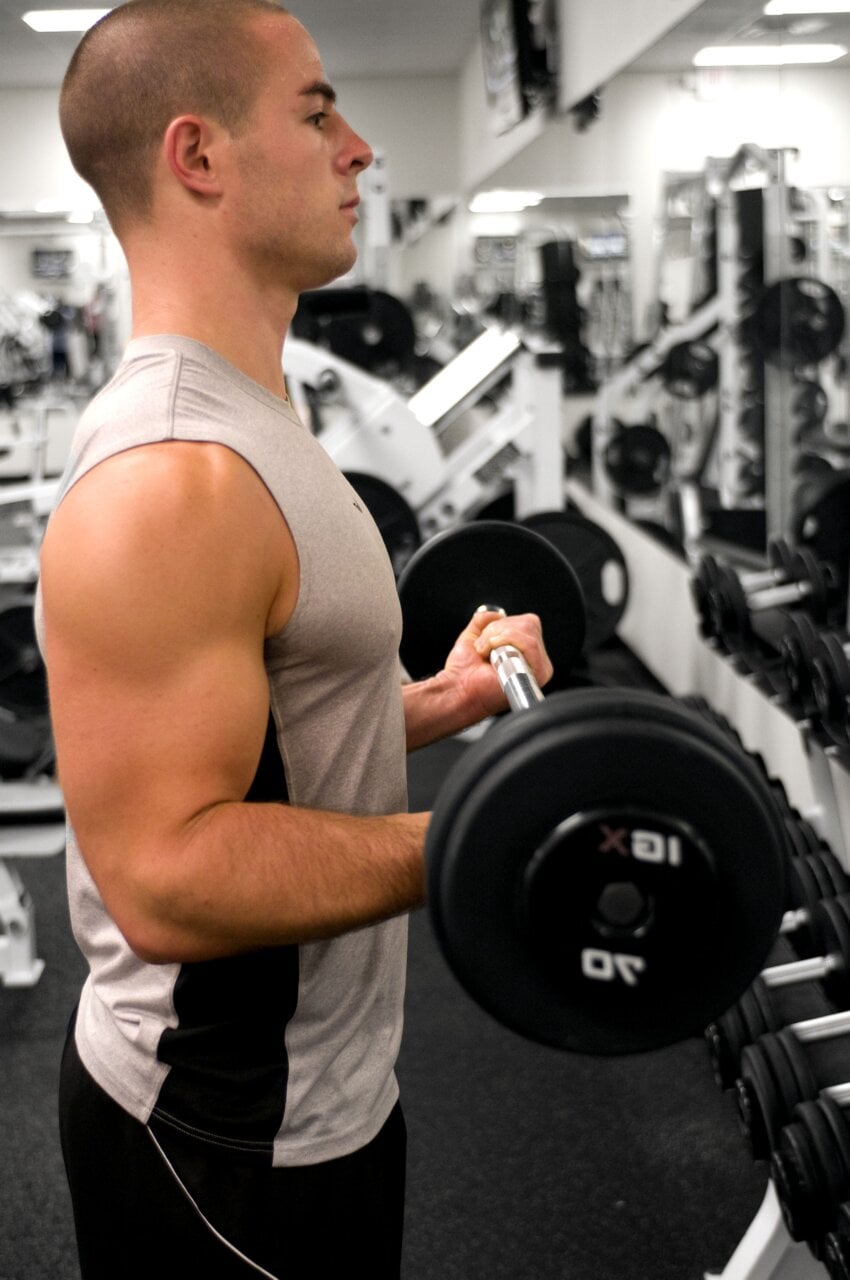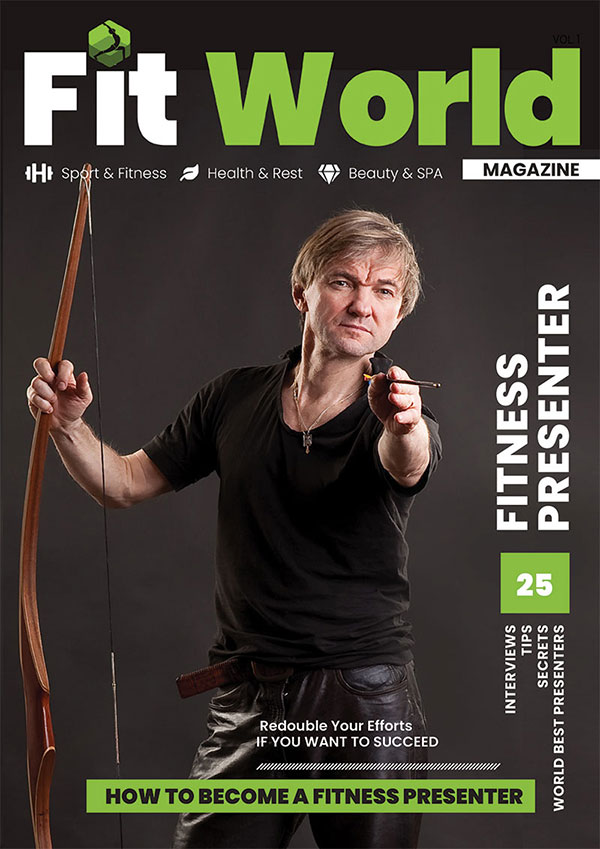It is widely known that exercise is a great cure for many different ailments. Physical activity brings many benefits to our bodies. It makes us feel and look good. It also relieves stress and negative emotions. But to be fully effective, exercise must be combined with proper nutrition. Every workout requires the right amount of calories and nutrients. It seems simple, but here’s where a huge debate arises. Scientists argue when you should eat—before or after exercise?
Fasted workout-yes or no?
If your goal is to lose weight fast and burn fat, you should exercise after waking up. But on an empty stomach? And can you take any fluids before your workout?
On the one hand, scientists believe that after an overnight fast, little glucose circulates in the blood. The working muscles use it, and when it runs out, the body uses fat. That’s why fasted workouts are more effective at burning fat.
This is confirmed by studies conducted with physically active women. Those who ran 30 minutes on a treadmill in the morning on an empty stomach burned 94 kcal. And those who exercised for 60 or 90 minutes after a meal burned about 70 kcal.
On the other hand, exercising on an empty stomach is a serious problem for the body. When the muscles don’t have glucose energy, the body starts producing it through the process of gluconeogenesis, using the proteins produced when muscle cells break down. So exercising before breakfast does burn fat, but it also breaks down more muscle tissue than standard post-meal workouts.
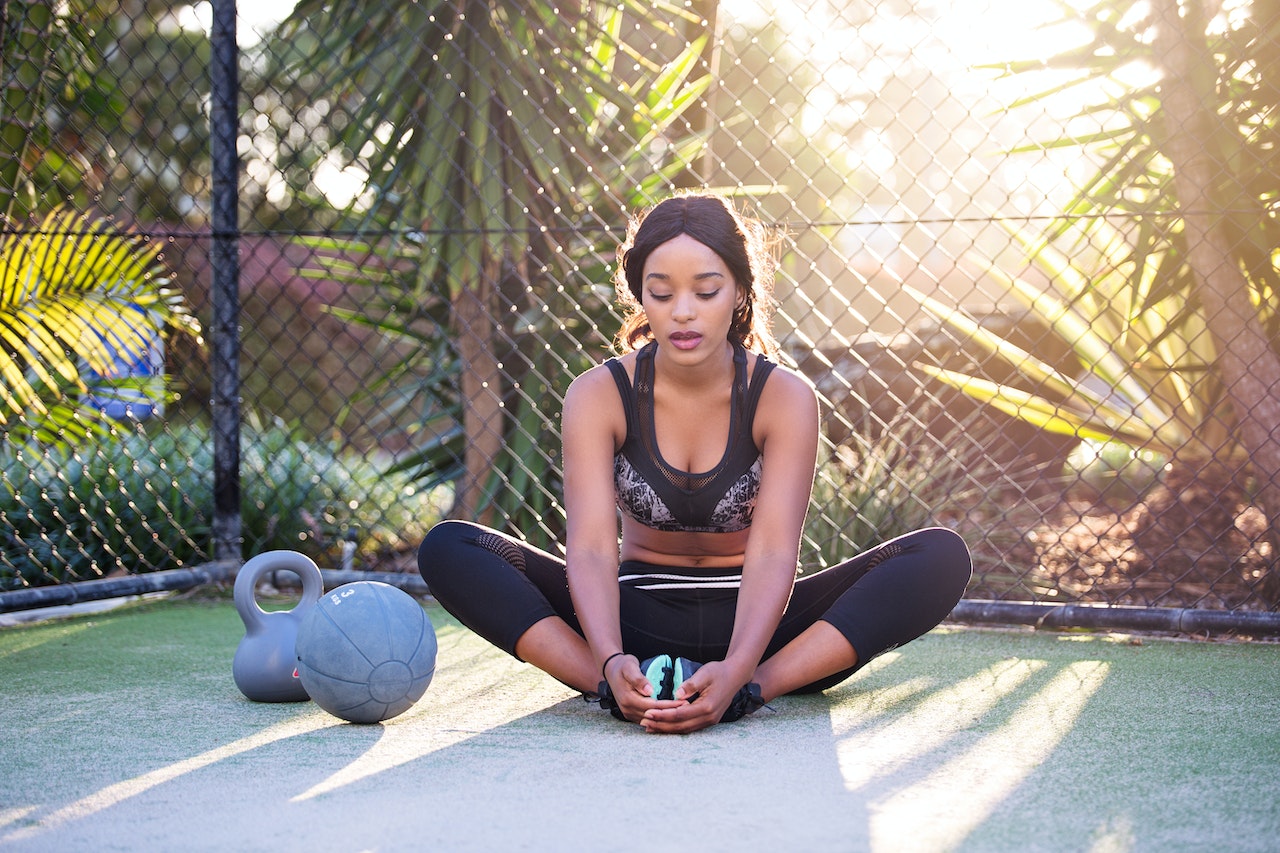
Who can workout on an empty stomach?
According to experts, training on an empty stomach is suitable for people who:
- Have a busy schedule and little time to exercise
- Want to lose weight and burn fat fast
- Feel good when they exercise in the morning on an empty stomach.
If you fall into these categories and want to make fasting even more effective, you should eat a slightly higher carb meal the night before. You should also get a good night’s sleep—at least 6-7 hours—before your planned workout on an empty stomach. You should also have breakfast 30 minutes after your workout, which will quickly replenish the energy deficit in your body.
Coffee before a workout?
Experts recommend drinking a glass of mineral water with lemon juice immediately after waking up and before exercising. This helps to better hydrate the body, which in turn works more efficiently.
As for coffee—the caffeine it contains stimulates your morning activities, helps you focus on the task at hand, and reduces fatigue. It is estimated that caffeine can burn 10–15% more fat during a workout. Unfortunately, coffee drunk on an empty stomach can cause stomach aches and dehydration. It’s also not a good idea when you’re planning a longer, more intense workout.
What to eat before a workout?
Pre-workout food allows workouts to last longer and be more strenuous, which helps build muscle mass. Food intake should not take place later than 2 hours before the planned physical activity. This is the time needed for digestion and absorption of nutrients.
- Eating before a morning workout
Breakfast cereals with fruit or a little honey can be eaten for breakfast. This food contains both complex carbohydrates that give strength and simple sugars that stimulate activity in the morning.
- Eating before an afternoon workout
The ideal lunch menu consists of a portion of cereal, a portion of meat or fish (about 100 g) and a bowl of salad.
- Eating before an evening workout
In the evening, it is not good to overeat. Before exercising, you can eat a slice of wholemeal bread with low-sugar jam.
What to eat after a workout?

Physical effort is associated with high costs for the body. Working muscles use energy stored as glycogen. It is therefore a good idea to have something to eat within 2 hours after strenuous exercise. This will quickly recharge the “internal batteries” and replenish the glycogen stores in the muscles.
It is best to opt for foods rich in protein and carbohydrates, even when training in the evening! Many people refuse to eat for fear of gaining weight. At the same time, carbohydrates consumed in the evening after an intense workout will be used to rebuild muscles. It must be remembered, however, that the food should not be too heavy and difficult to digest so as not to overload the stomach at night.


